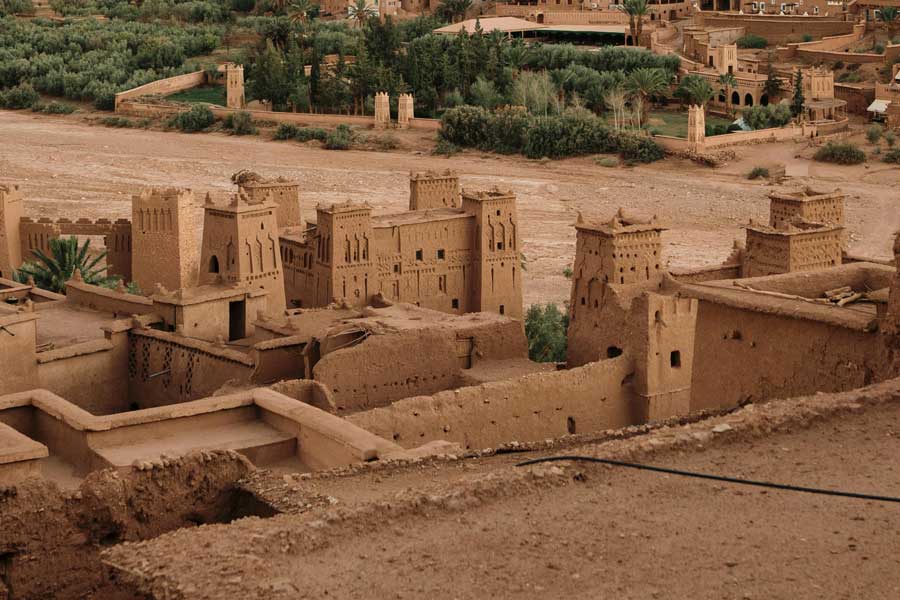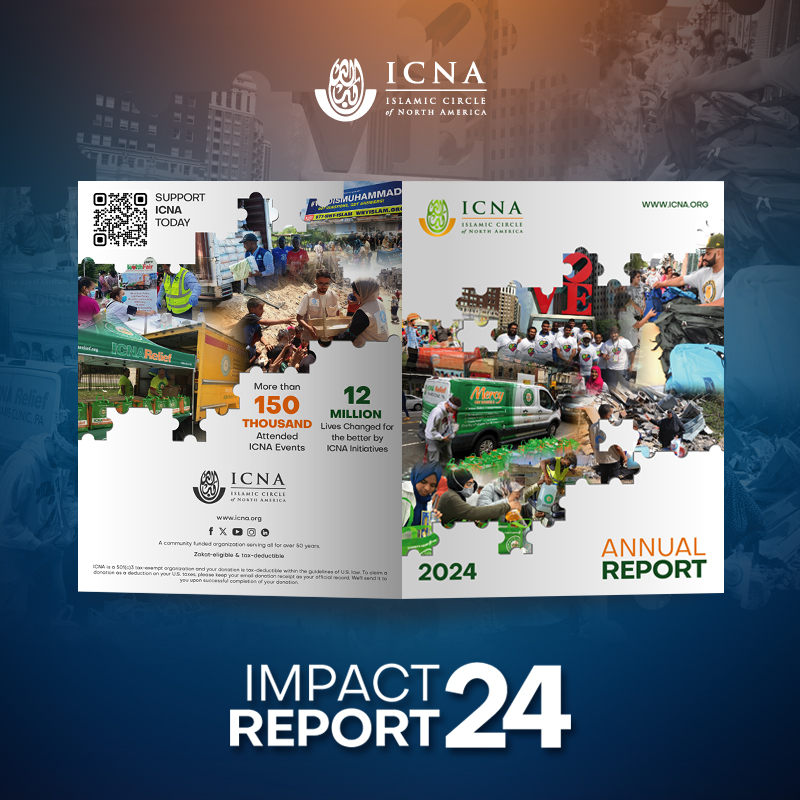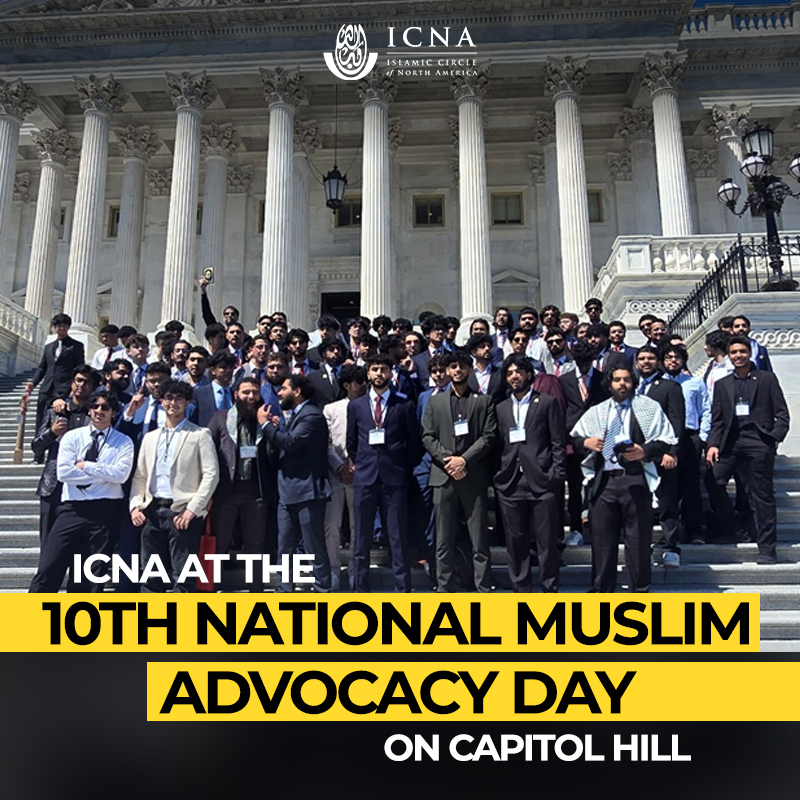
When reading the biography of Prophet Muhammad (peace be upon him), we find many examples of him enduring pain, abuse, persecution, opposition, and injustice in various forms. But what was the most difficult day of all? And how does reflecting on his painful experiences help us better understand his life and legacy?
 Studying the Prophet’s pain allows us to better appreciate his prophethood, his humanity, and the immense sacrifices he made. It enables us to more deeply value the final message of God, conveyed by the last messenger to humankind, and to feel gratitude for the opportunity to worship Allah and experience purpose and salvation through following His final message. As believers engage in discussions over secondary or minor issues within Islam, it would benefit us all to study the most challenging moments of the Prophet’s life (pbuh) in order to better understand the weight of the responsibility that comes with following him.
Studying the Prophet’s pain allows us to better appreciate his prophethood, his humanity, and the immense sacrifices he made. It enables us to more deeply value the final message of God, conveyed by the last messenger to humankind, and to feel gratitude for the opportunity to worship Allah and experience purpose and salvation through following His final message. As believers engage in discussions over secondary or minor issues within Islam, it would benefit us all to study the most challenging moments of the Prophet’s life (pbuh) in order to better understand the weight of the responsibility that comes with following him.
One might consider the pain of the Makkan boycott, the torture of his followers, the death of his beloved wife Khadijah and his uncle Abu Talib in the same year (known as the Year of Sorrow), or the many battles where his companions were martyred. The Battle of Uhud stands out in particular because some of the archers disobeyed the Prophet’s command to stay on the mount. Their disobedience led to the loss of many lives, and the Muslims ultimately suffered a setback in the battle.
After losing his two strongest supporters in Makkah, the Prophet (pbuh) sought to deliver the message of Islam to the people of Ta’if. However, they chased him away, pelting him and his companion Zayd with stones, injuring them both. The Prophet was offering them salvation, and they responded with cruelty and violence.
A pivotal hadith from Bukhārī recounts this event. Aisha, may Allah be pleased with her, asked the Prophet (pbuh) “Have you ever experienced a day harder than the day of [the battle of] Uhud?” He replied: “Indeed, I have suffered a lot at the hands of your people [i.e., the disbelievers from of the Quraysh Tribe], the harshest of which was what they did to me on the Day of Al-‘Aqabah when I went to Ibn ‘Abd Yalīl ibn ‘Abd Kulāl with the purpose of inviting him to Islam, but he made no response [to my call]. So, I departed with deep distress. I did not recover until I arrived at Qarn Ath-Tha‘ālib.” According to Seerah, the Prophet’s distress was so great that he felt like he didn’t know where he was going and, as stated in the hadeeth, only recovered when he reached Qarn Ath-Tha’alib which was 4-5 miles (7-8 kilometers) away.
A Powerful and Heartfelt Supplication
What did the Prophet (pbuh) do in such moments of pain? Once he reached the shade of a tree, he turned to Allah with a heartfelt supplication, recorded in the Seerah of Ibn Hisham:
“O Allah! I complain to You of my weakness, my lack of resources, and my humiliation before the people. You are the Most Merciful of those who show mercy, and You are the Lord of the humble. To whom have You entrusted me? To someone who does not care for me? Or to a close relative whom You have given power over me? As long as You are not angry with me, I do not mind. However, Your protection is easier for me to seek. I seek refuge in the Light of Your Face, through which the darkness is illuminated, and through which the affairs of this world and the next are made right, lest Your anger descend upon me, or Your displeasure befall me. It is Your right to reprimand until You are pleased. There is no power nor strength except through You.”
This powerful supplication teaches us so much about the Seerah and the Prophet’s humanity. It also shows us how to live in alignment with the Seerah, drawing inspiration from the greatest of role models, no matter the hardship. The du’a reminds us that pain is not always a sign of Allah’s displeasure with our actions. Even the most righteous individuals experience pain and trials.
Sa’d ibn Abi Waqqas asked, “O Messenger of Allah, which people are tested most severely?” The Messenger of Allah, peace and blessings be upon him, said, “They are the prophets, then the next best, then the next best. A man is put to trial according to his religion” (Tirmidhi).
Pain does not necessarily mean one is distant from Allah, especially if one is striving to avoid major sins and disobedience. The life of the Prophet (pbuh) teaches us that the purpose of this world is based on Allah’s perfect wisdom, not our limited understanding or desires for relief. Paradise is the place of eternal bliss and happiness, free from pain and suffering for the righteous. This world, however, is one of tests, but we are reassured by the promise of an afterlife designed with perfect wisdom, where no hardship exists for those who attain Allah’s pleasure.
Another important lesson from the Prophet’s supplication is the value of pouring one’s heart out to Allah in times of difficulty. We are permitted to complain to Allah, not about His decree, but about our own weakness in facing challenges. The believer should ask for relief, strength, forgiveness, and success, knowing that Allah is the ultimate source of change. We should instill in our children the habit of making du’a regularly and turning to Allah in times of need, especially in moments of sadness or hardship, seeking His strength and guidance.
Notice the Prophet’s primary concern in his supplication: Allah’s pleasure. “As long as You are not angry with me, I do not mind.” We should also begin our supplications with the highest priorities, asking for Allah’s pleasure and forgiveness before presenting our personal requests. After that, we may ask for ease and relief, knowing that while we do not challenge Allah’s decree, we are permitted to seek well-being.
Du’a is the weapon of the believer, a fortress and refuge. It is a means for changing ourselves so that we may change our circumstances. It is a lifestyle and an ongoing connection between the Creator and the creation, the Master and His servant. The Prophet’s many reported supplications serve as a masterclass in how to call upon Allah in every situation.
 Loving the Messenger (pbuh) is yielded from reflecting on his life regularly, to study his Seerah from various angles, to teach it to others, and to ask Allah to send peace and blessings upon him. It is to make du’a to be with him in the afterlife, to follow his teachings as closely as we can, and to defend his honor. Loving the Messenger (pbuh) also means loving those he loved—his family and companions—and studying their lives from authentic sources. Ultimately, loving the Prophet (pbuh) means living a life of gratitude for the guidance of Islam and expressing that gratitude until our final breath.
Loving the Messenger (pbuh) is yielded from reflecting on his life regularly, to study his Seerah from various angles, to teach it to others, and to ask Allah to send peace and blessings upon him. It is to make du’a to be with him in the afterlife, to follow his teachings as closely as we can, and to defend his honor. Loving the Messenger (pbuh) also means loving those he loved—his family and companions—and studying their lives from authentic sources. Ultimately, loving the Prophet (pbuh) means living a life of gratitude for the guidance of Islam and expressing that gratitude until our final breath.
May Allah send peace and blessings upon the Messenger (pbuh), guide us to learn about his life and teachings, and grant us the honor of living and dying according to the message he conveyed from the Lord of the worlds.





